Nashville first broadcast the nickname “Music City” 69 years ago, but the moniker only made official something that had long been the case: Music has been part of Nashville’s core since the city’s first non-indigenous settlers unpacked on the shores of the Cumberland River on Christmas day in 1779. Back in his day, frontiersman Davy Crockett, one of those original settlers, was known for his fiddle-playing as much as he is now known for his hat.
The musical traditions of African slaves also took root there. In the late 1800s, the Fisk Jubilee Singers set out on a European tour, performing slave songs and spirituals in order to raise money for their hometown school, Fisk University. The Queen of England was taken by their performance, as the story goes, and said the students “must come from the ‘Music City.’”
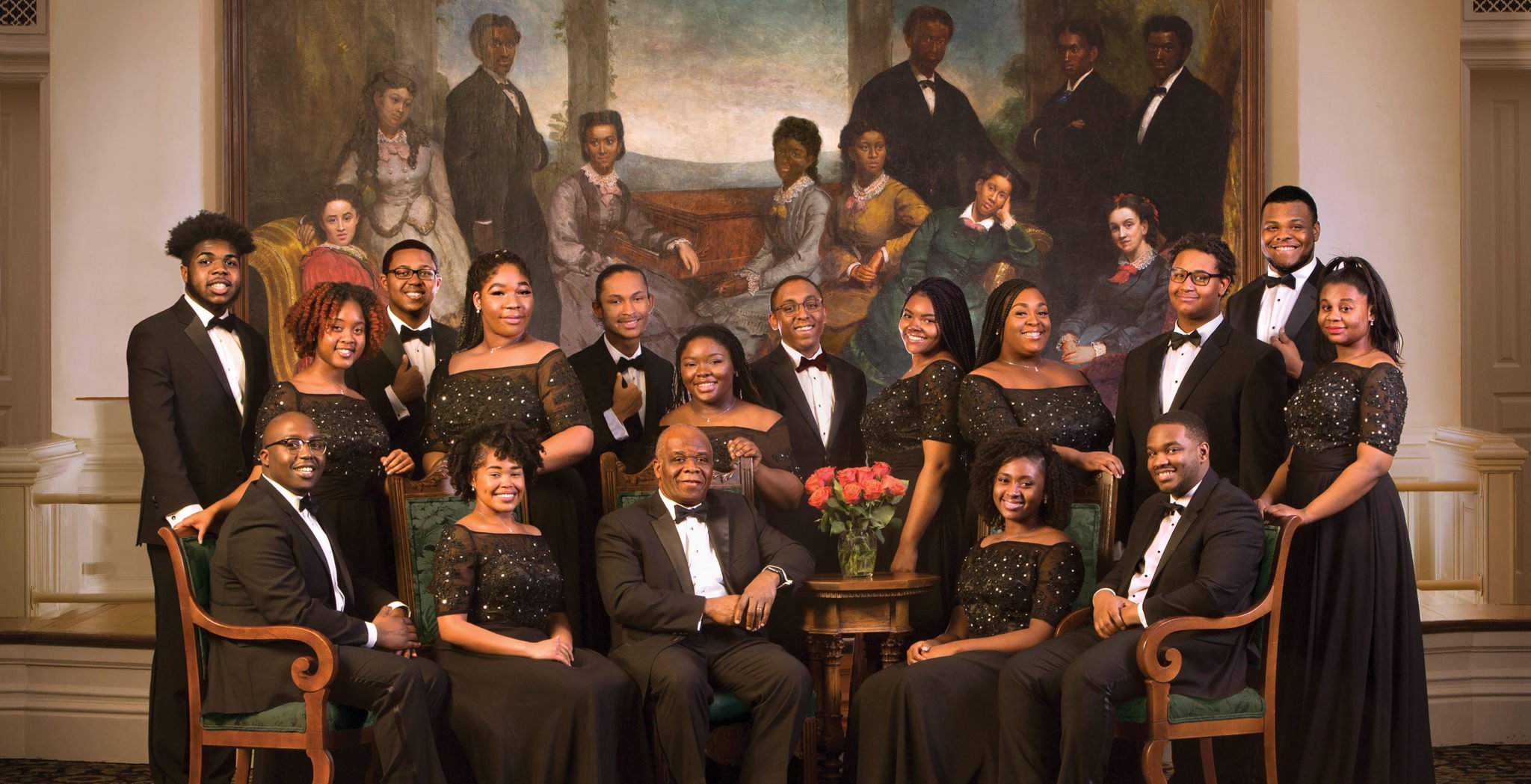
Today Nashville revolves around music. There are more than 56,000 music industry-related jobs in the Nashville region, and the business directly or indirectly fuels nearly $10 billion of the local economy. Artists, songwriters, producers, studio musicians, record company execs and performance spaces are ubiquitous.
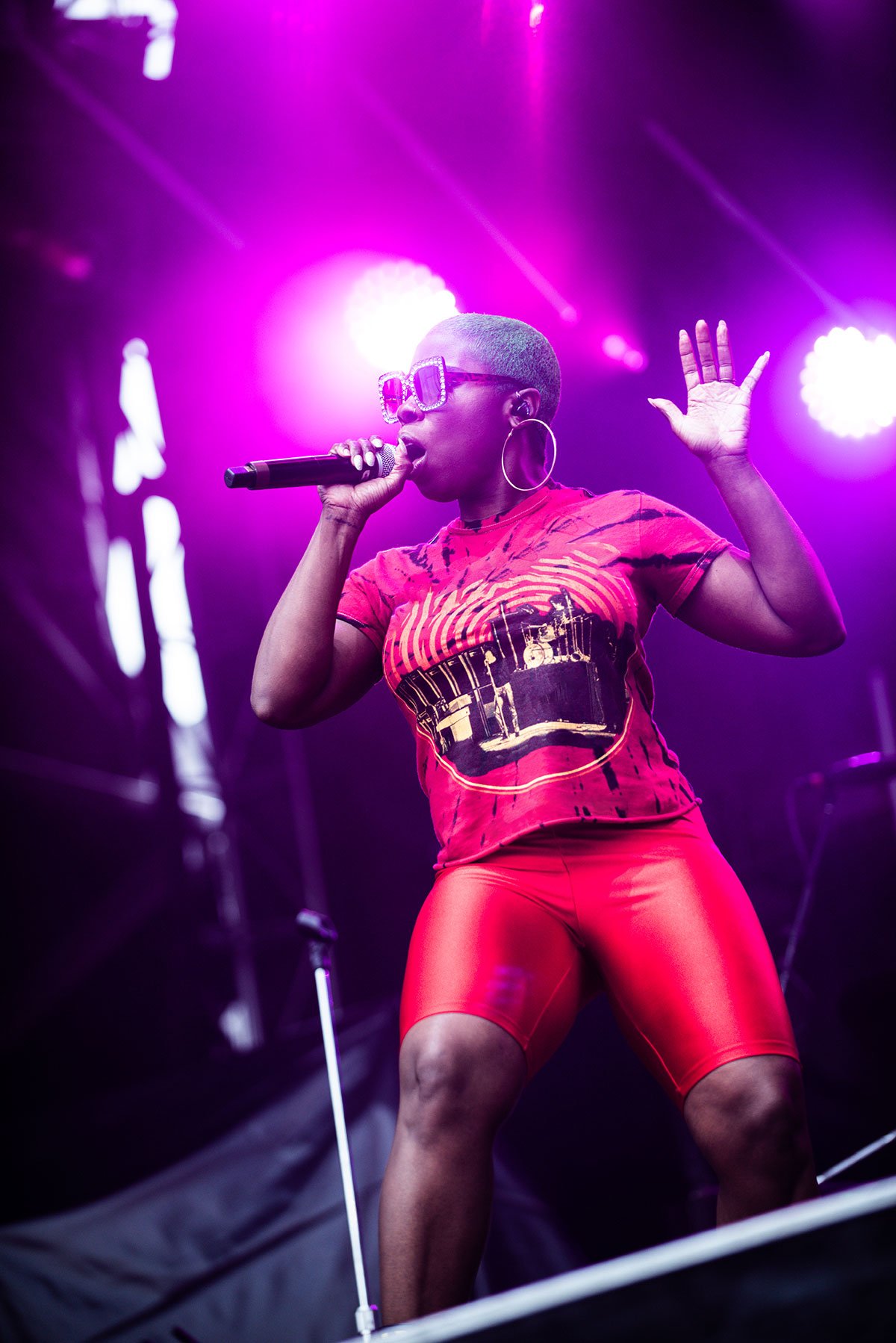
All of this means that there’s no shortage of ways to experience music when visitors come to town. Yes, you can go see a show, often spontaneously. Or 12. But that’s not all. We’ve detailed the ways in which you can truly experience Music City, letting you know where to see live shows—from intimate venues to large auditoriums—how to play a tune on stage yourself, how to learn more about the city’s music and its stars, and where to buy an instrument to take home. Not sure when to come to town? We have a calendar of suggestions for that too.
Where to Listen
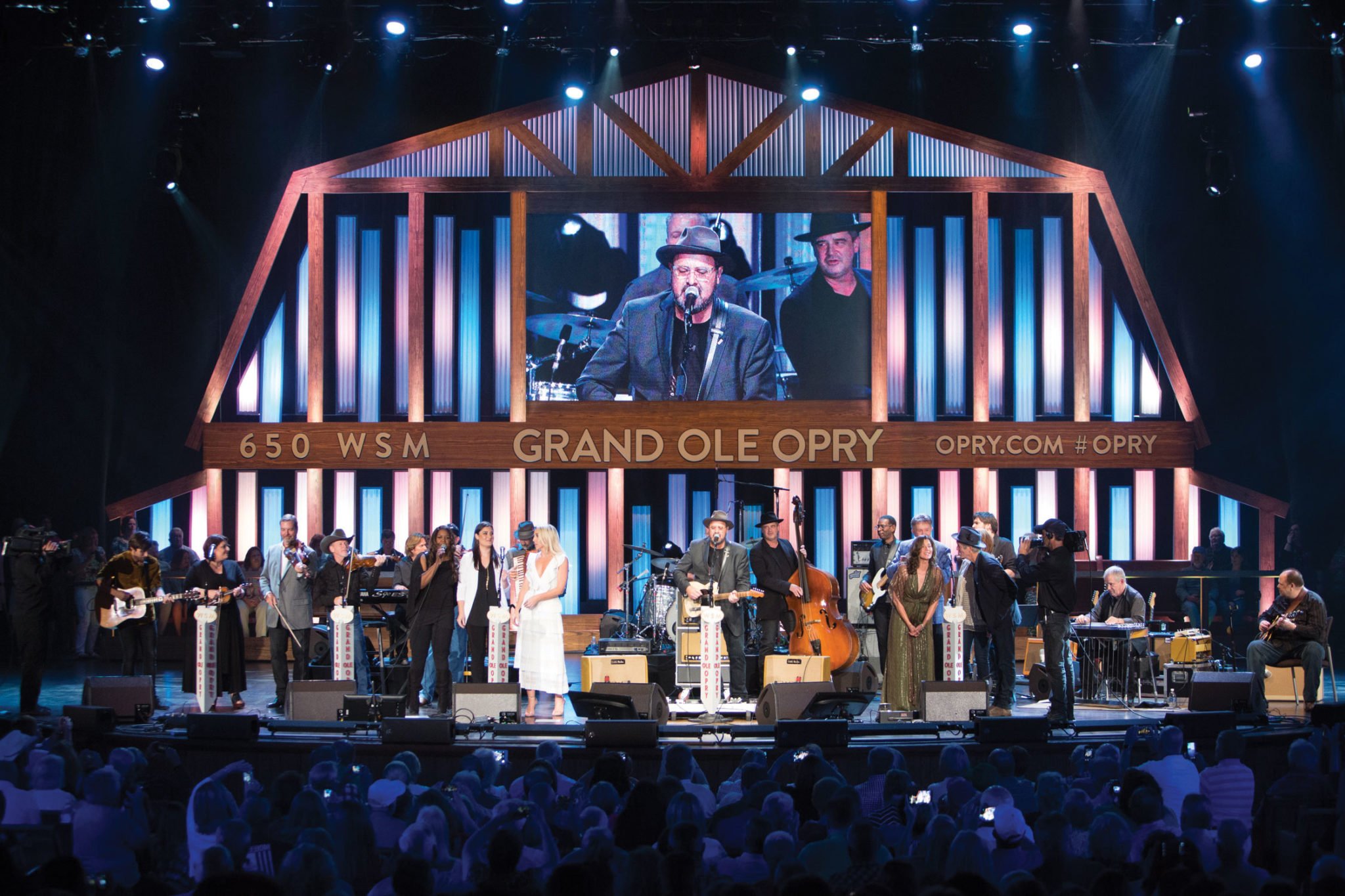
Clearly, you should start with the Grand Ole Opry. The world’s long-running radio show (94 years old in 2019) is the foundation of music in the city. Different performers—largely members of the Opry—play a few songs each over the course of a few hours. You’ll get bluegrass, gospel and contemporary country, plus some jokes and live commercials. Catching the Opry is easy for visitors, as the show airs as many as four days per week. Most of the year, the Opry takes place at the Grand Ole Opry House, near the Gaylord Opryland Resort. Between Thanksgiving and New Year’s, it returns to its historic home at the Ryman Auditorium. Called the “Mother Church of Country Music,” the Ryman has some of the best acoustics in the world and an incredibly rich musical history. So, catch a show there (and take the informative backstage tour) regardless of where the Opry is playing.
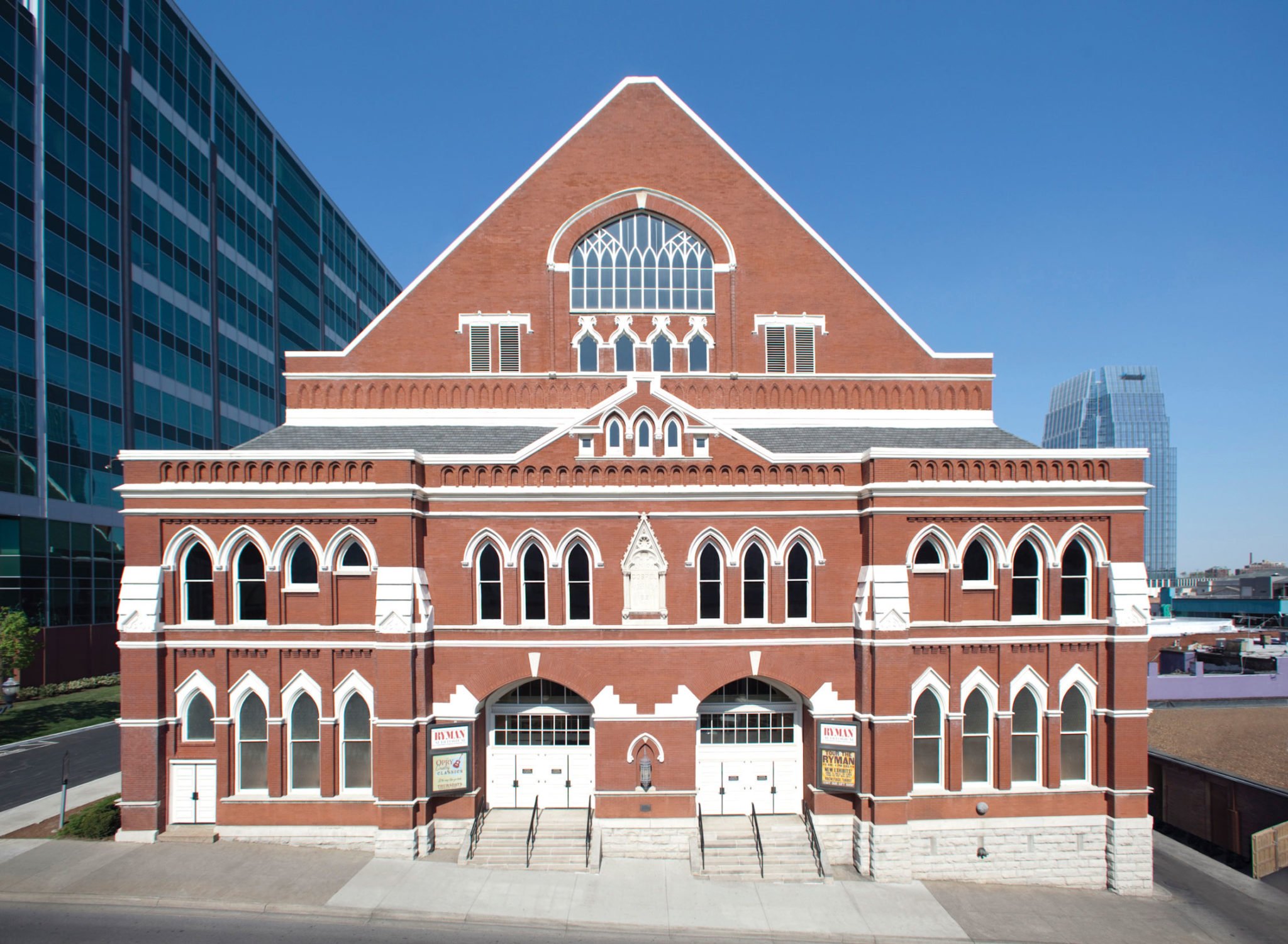
Some of the city’s most intimate venues for hearing singer-songwriters unveil their latest tunes are at hotels, including the lobby at Hotel Indigo downtown and outside at Bode Nashville.
The Listening Room Cafe, is, as its name suggests, a venue with a quieter atmosphere where you can hear singer-songwriters share their work. If you’re in town on a Monday night, head to 3rd and Lindsley to see The Time Jumpers, a Western Swing band featuring Vince Gill and many of the city’s best performers. The Station Inn is the place to hear bluegrass. When you want something in addition to country music, three spots should top the list. Marathon Music Works, Exit/In and Mercy Lounge are storied, time-honored spaces for rock. For nearly 50 years, Exit/In has packed in crowds near the Vanderbilt University campus, while Marathon is located in a renovated auto factory. If you like a little mystery, sign up for Sofar Sounds, which offers guests small-venue concerts at secret locations.
No trip to Nashville is complete without some honky tonking. Broadway (called “Lower Broad” by locals) is lined with the city’s famed honky tonks, where you can hear virtually any genre of music all for free. One Nashville specialty that abounds on Lower Broad is Western Swing music: Great places to dance to it are Robert’s Western World and Tootsie’s Orchid Lounge. And, it isn’t just a late-night pursuit; most of the honky tonks are open from 10 a.m.–3 a.m., so you can listen all day long.
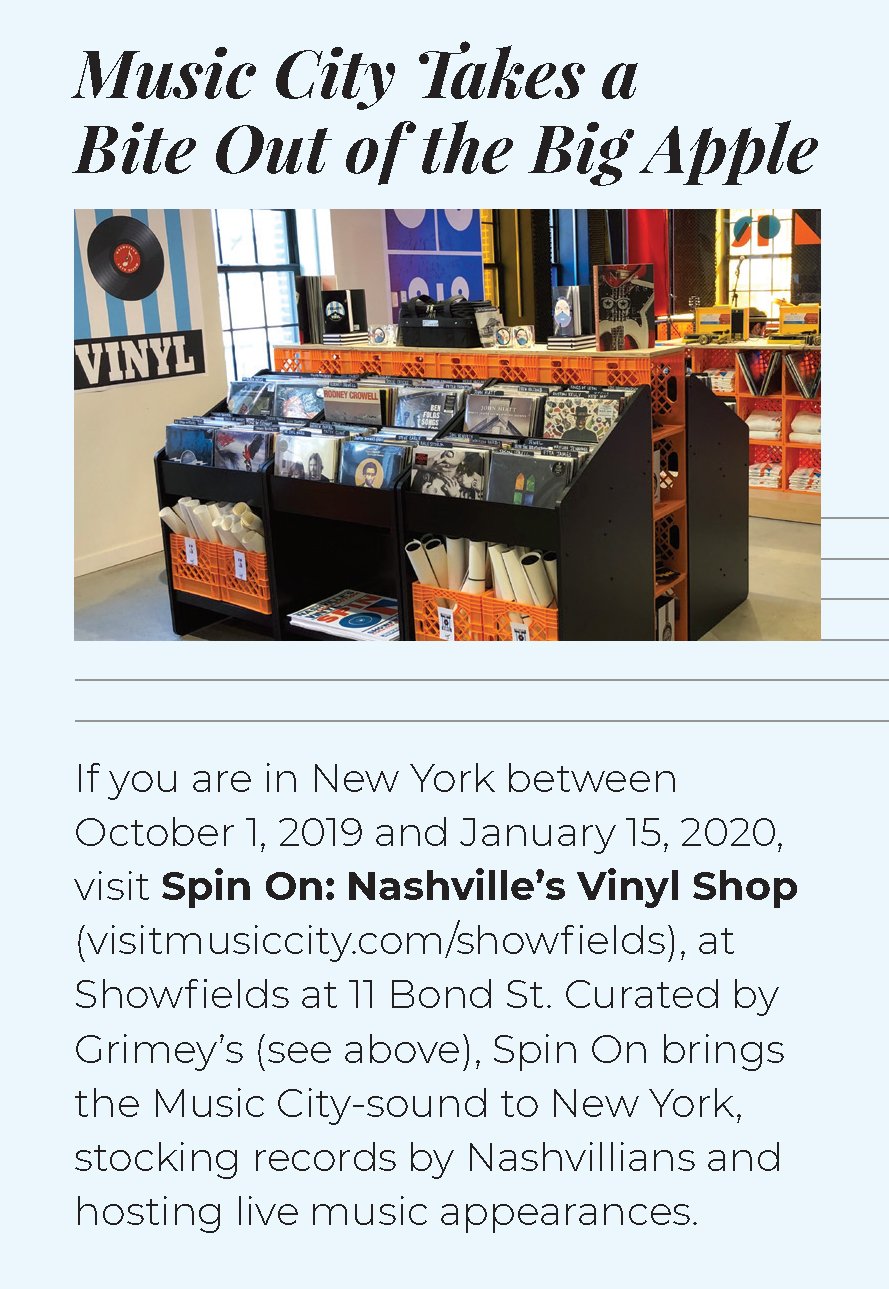
Where to Play
Nashville wouldn’t be what it is today if untold numbers of people hadn’t moved to town to make music over the decades. Whether you plan to join the converts or just want to pluck some strings while visiting, you can show off your skills at jam sessions, open mic nights, casting calls, and odds are a karaoke spot in and around Printer’s Alley has it at your disposal. (Just know that, since musicians are everywhere in Nashville, there will be other talented folks in the crowd.)
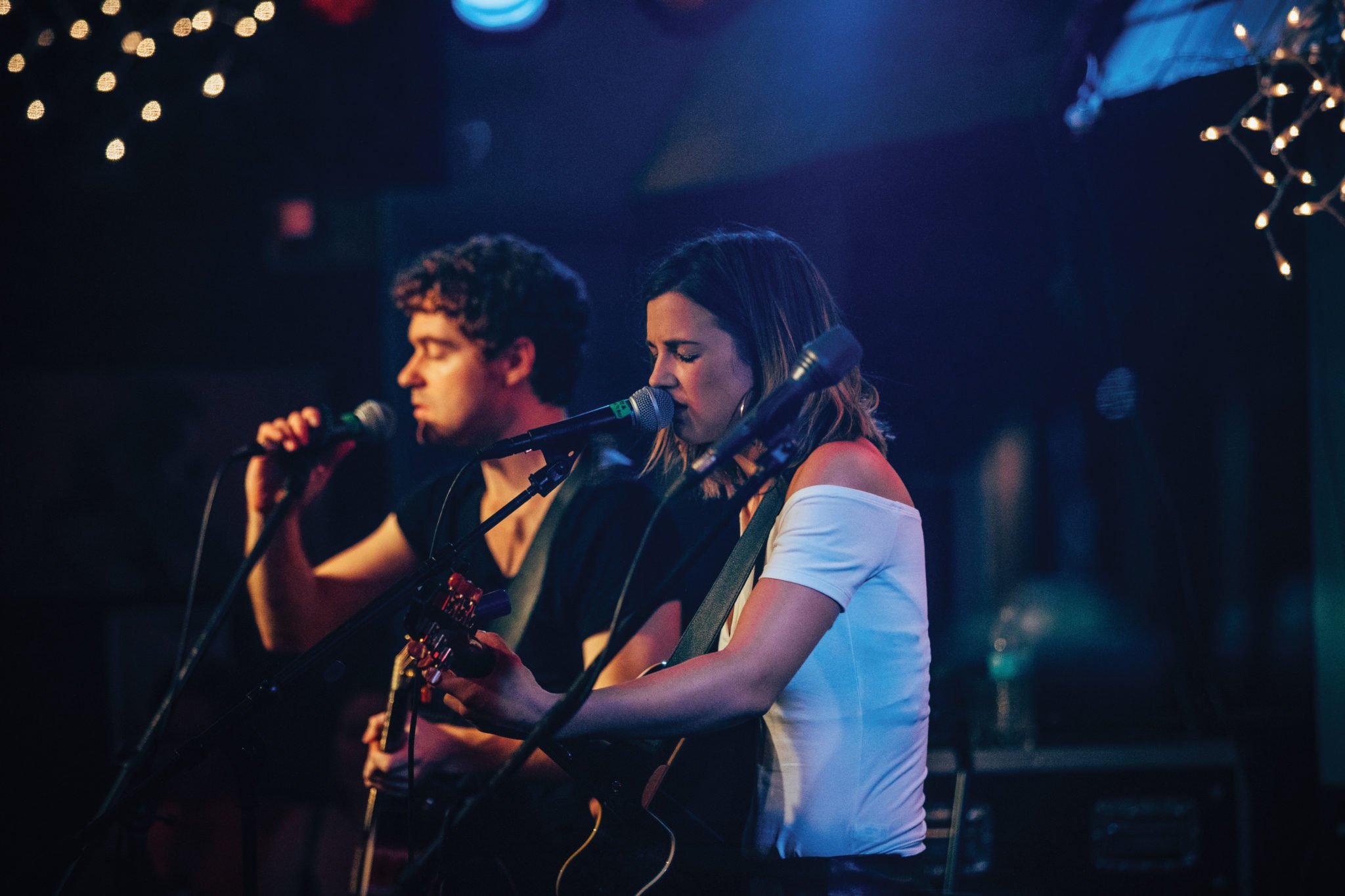
The Holiday Inn Nashville-Vanderbilt might not be the first place that comes to mind for your debut, but the hotel’s Commodore Grill is home to one of the city’s leading singer-songwriter nights and a welcoming open mic. The first 25 people who call The Bluebird Cafe, the famous Green Hills venue, on Monday mornings get on the lineup for that evening’s open mic night. Five different jam sessions take place at Fiddle & Pick each week, running the gamut from jazz and bluegrass to Irish music. If you have a song in mind to sing at karaoke, odds are a karaoke spot on Printer’s Alley has it at your disposal.
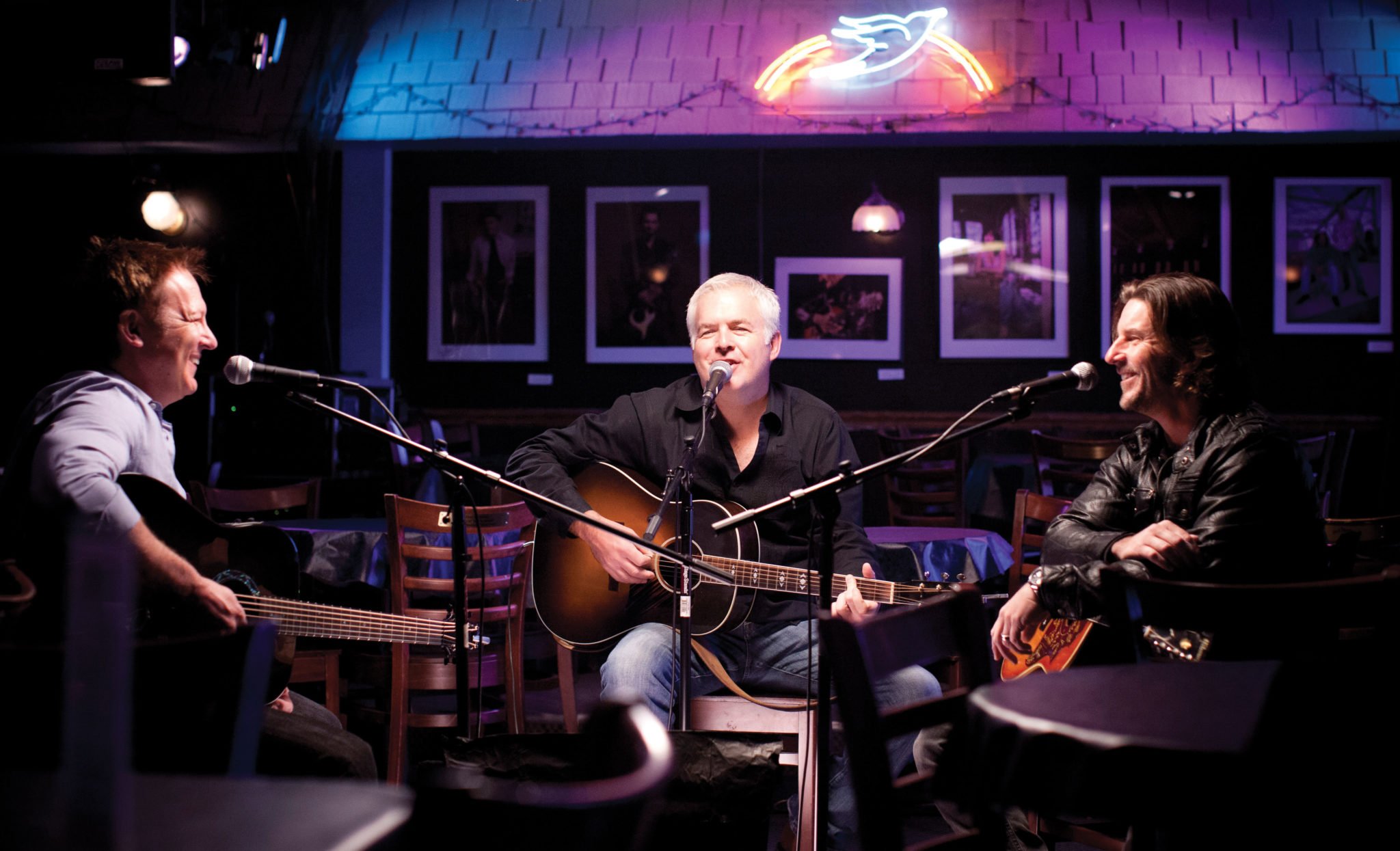
Where to Learn
Understanding the history of the music that helped Nashville become Nashville is part of the experience. Start at the Country Music Hall of Fame and Museum, which explores the roots of country as well as the threads that connect those origins to today’s artists. The tour includes a trip to historic RCA Studio B, a well-preserved studio on Music Row where Elvis Presley and other legendary artists recorded the signature Nashville sound. In addition to the opportunity to experience the legacy and memorabilia of George Jones, The George Jones Museum features a great restaurant and a spectacular rooftop view. The Musicians Hall of Fame & Museum focuses on the performers—some well-known, others largely unsung. The National Museum of African American Music will open in 2020 and will be the country’s major destination for learning about African-American music across genres.
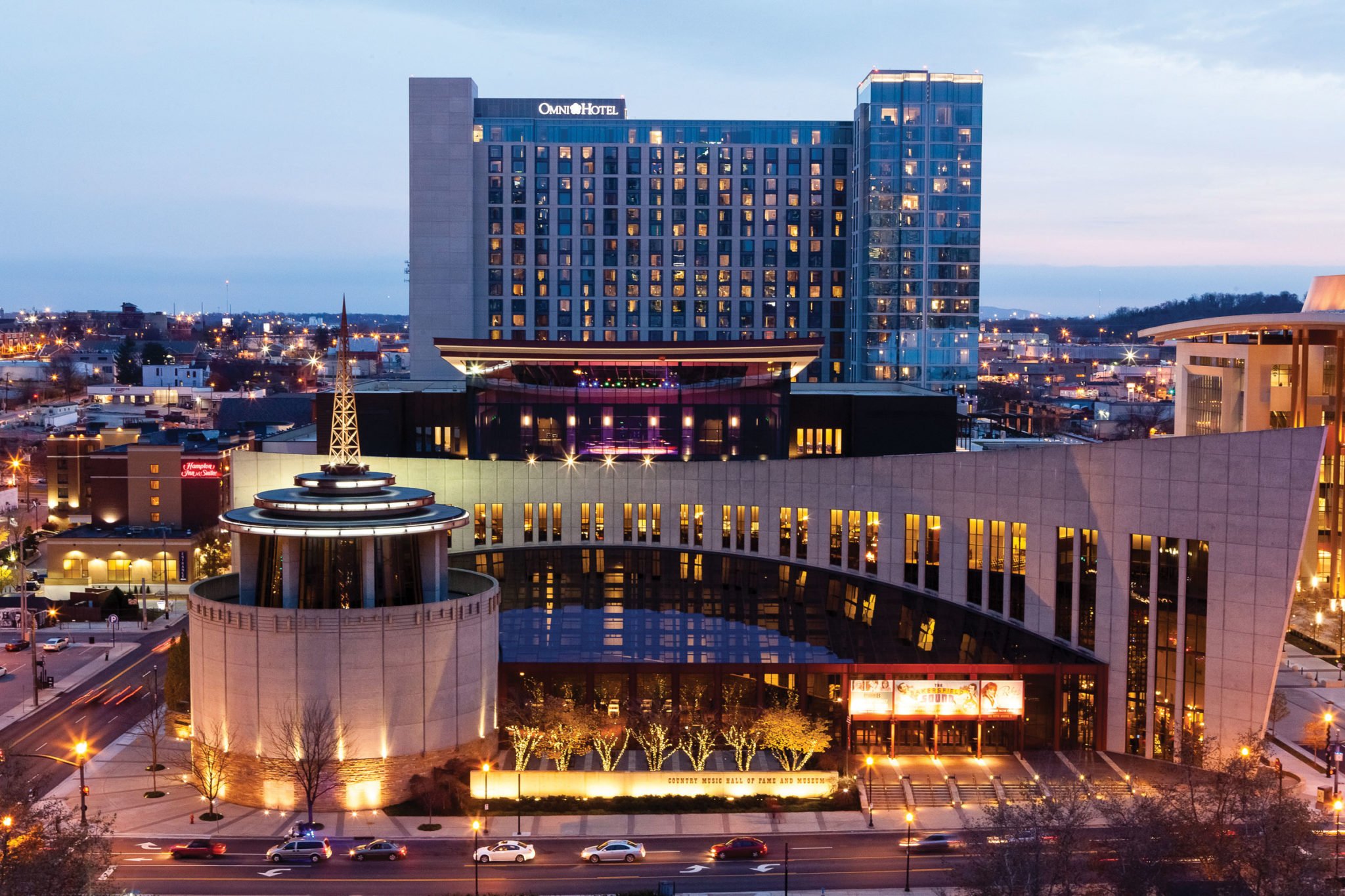
Where to Shop
Once you’ve been inspired by everything you’ve heard and learned when it comes to music in Nashville, you may want to buy an instrument or two to take home. There are, as you might expect, some terrific options. Since 1928, Delgado Guitars specializes in classic guitars, made by hand for generations. For decades, Gruhn Guitars was a fixture downtown, but the 49-year-old shop needed more space, so the shop moved to bigger digs on 8th Avenue South. Today, Gruhn has more than 1,100 instruments on display, and you can try them out to your heart’s content. While Carter Vintage Guitars might seem like a relative newcomer—it opened on 8th Avenue South in 2012—owners Christy and Walter Carter each have more than 25 years’ experience playing guitars, recommending guitars, and writing about guitars. Suburban Franklin is home to Artisan Guitars, which makes acoustic guitars destined to become heirlooms. East Nashville’s Fanny’s House of Music sells vintage and used instruments, with a focus on those that are sized for female performers—come search for drums, amps, guitars and more (plus some vintage clothing to complete your stage look). For more than 20 years Grimey’s New and Preloved Music has sold vinyl and books (not to mention hosting live music performances). Jack White’s Third Man Records is a treasure-trove of music and artifacts from the label (as well as a photo booth). Take a behind-the-scenes tour on Fridays and Saturdays and learn how they record direct to acetate.

